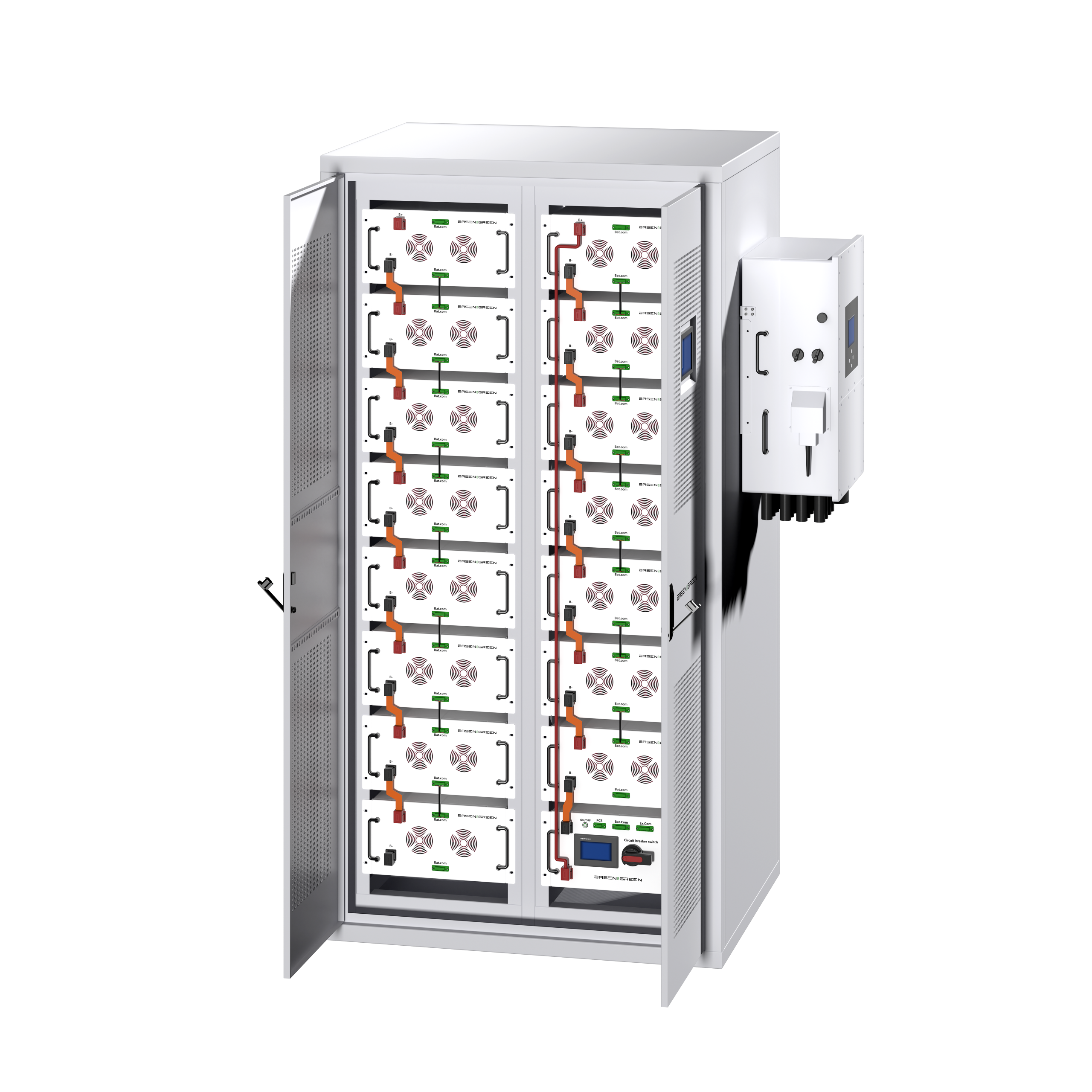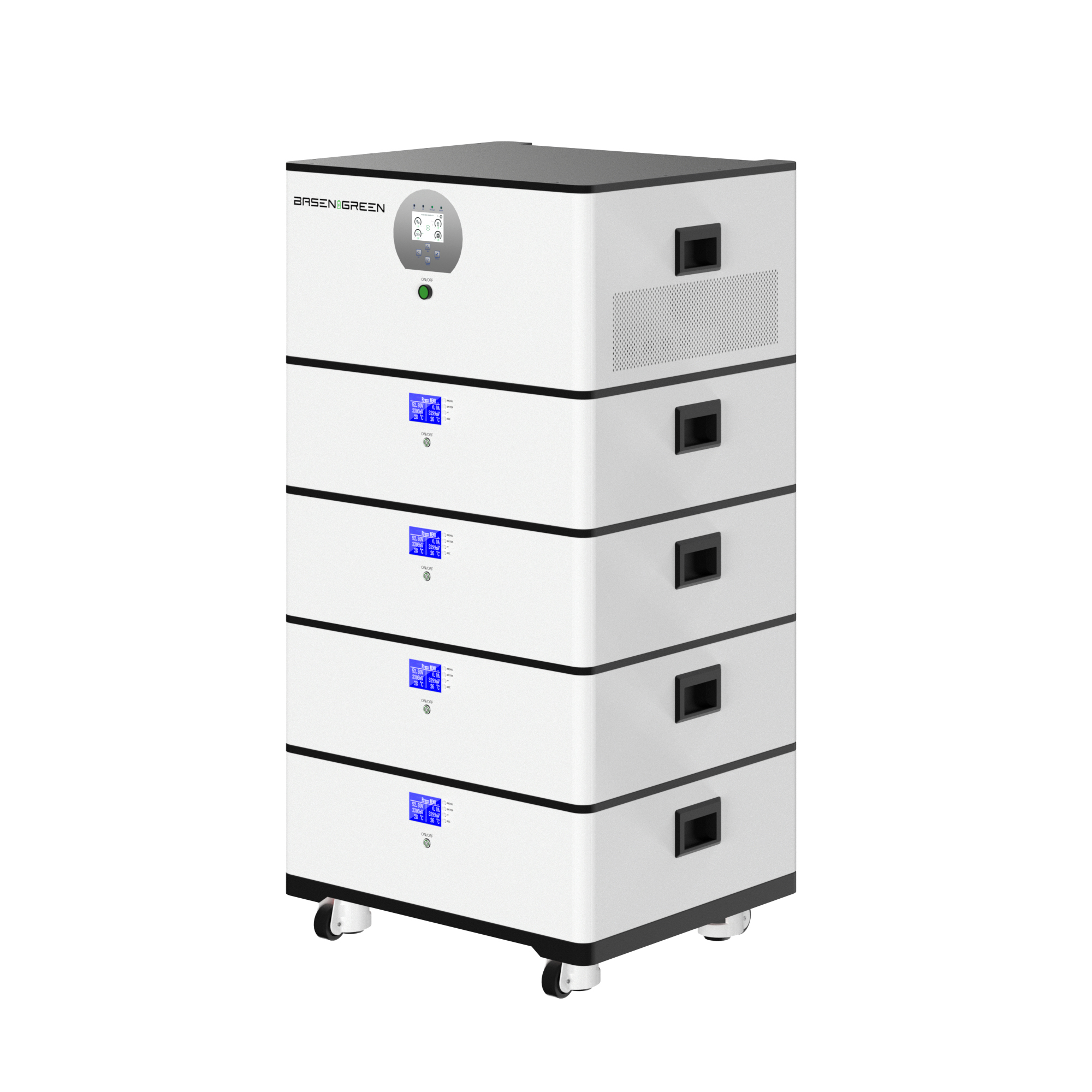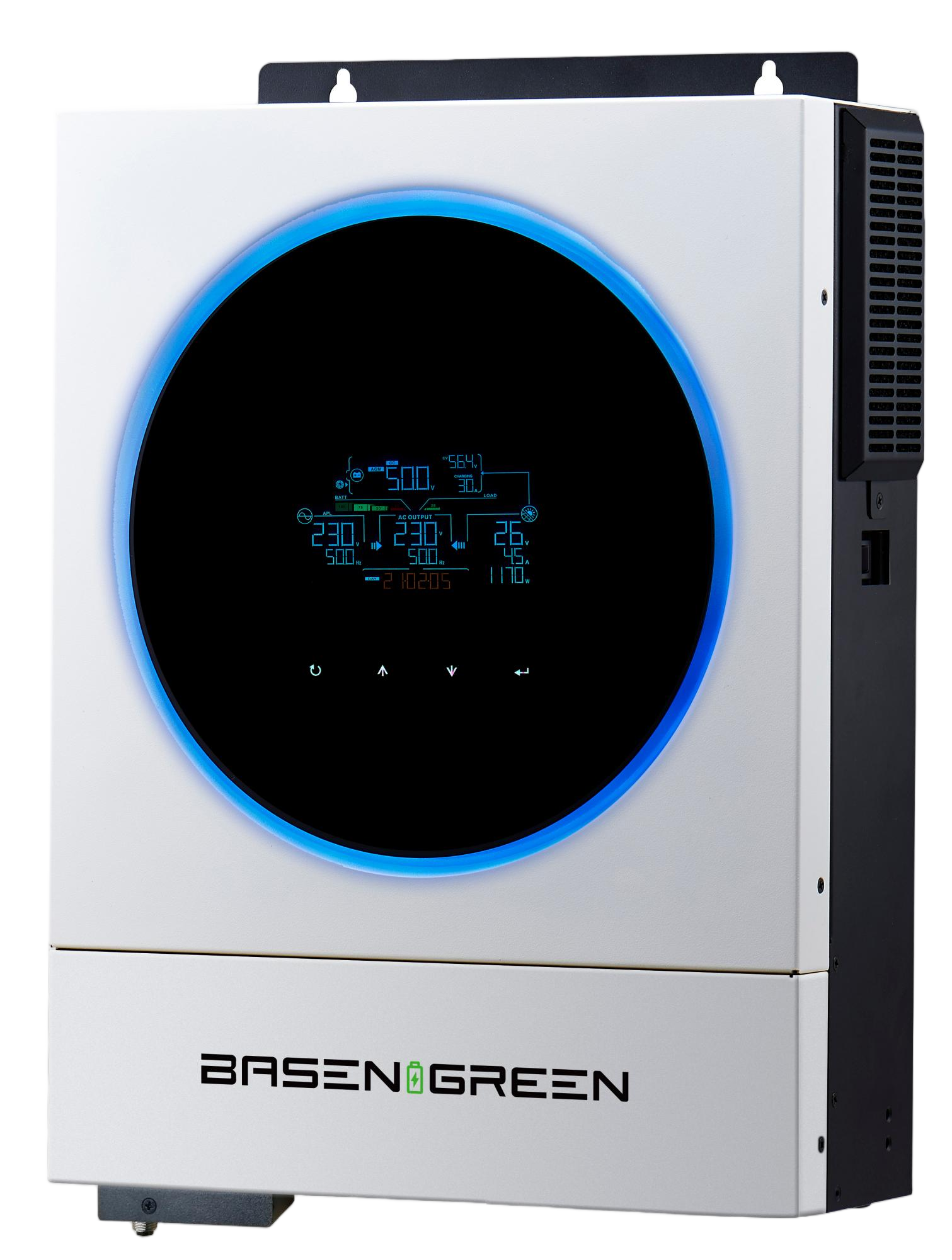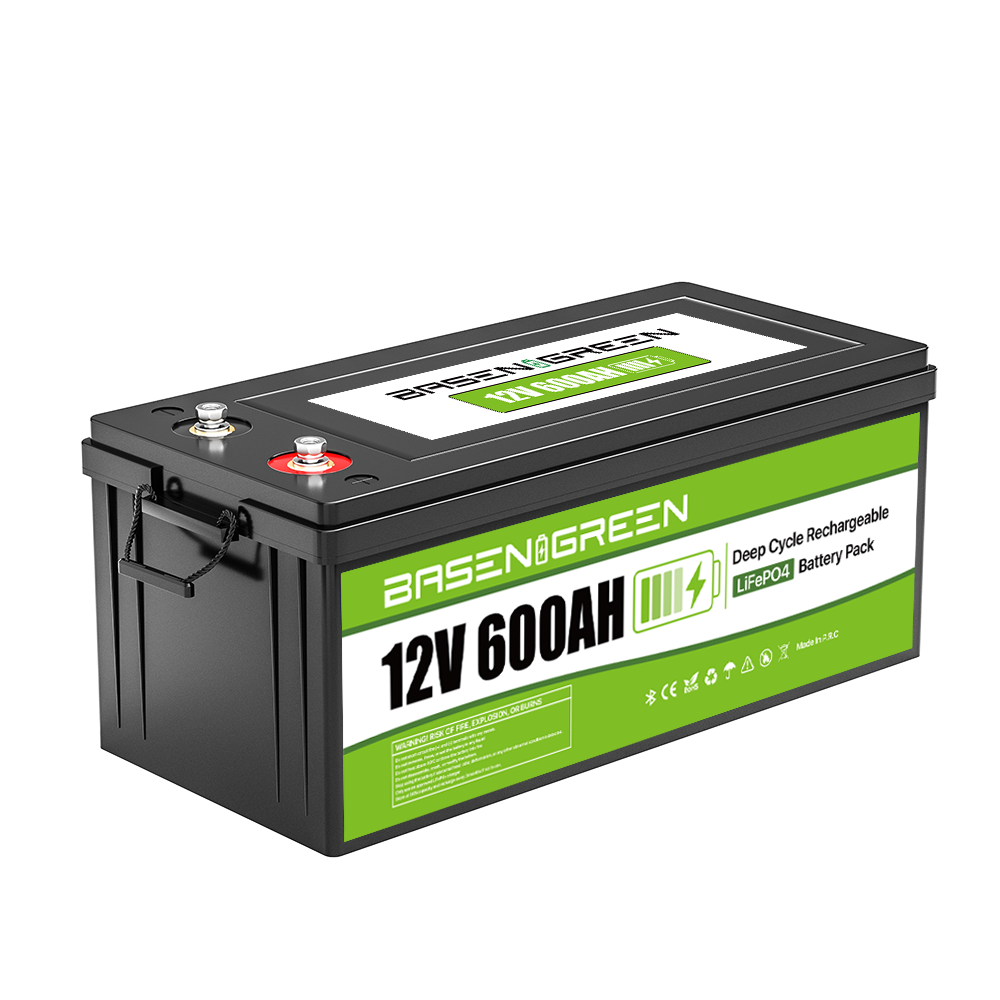Carbon-Neutral SunGrow Factories’ Impact on Inverter Carbon Footprint
In the global race to combat climate change, the renewable energy sector has emerged as a beacon of hope. Solar energy, in particular, is gaining traction as a clean and sustainable alternative to fossil fuels. However, the environmental benefits of solar energy don’t stop at the generation of electricity. The entire lifecycle of solar energy systems, including the manufacturing of components like inverters, plays a crucial role in determining their overall environmental impact. One company leading the charge in minimizing this impact is SunGrow, whose carbon-neutral factories are setting a new standard for sustainable manufacturing. , we explore how SunGrow’s carbon-neutral approach influences the carbon footprint of inverters, a critical component in solar energy systems.
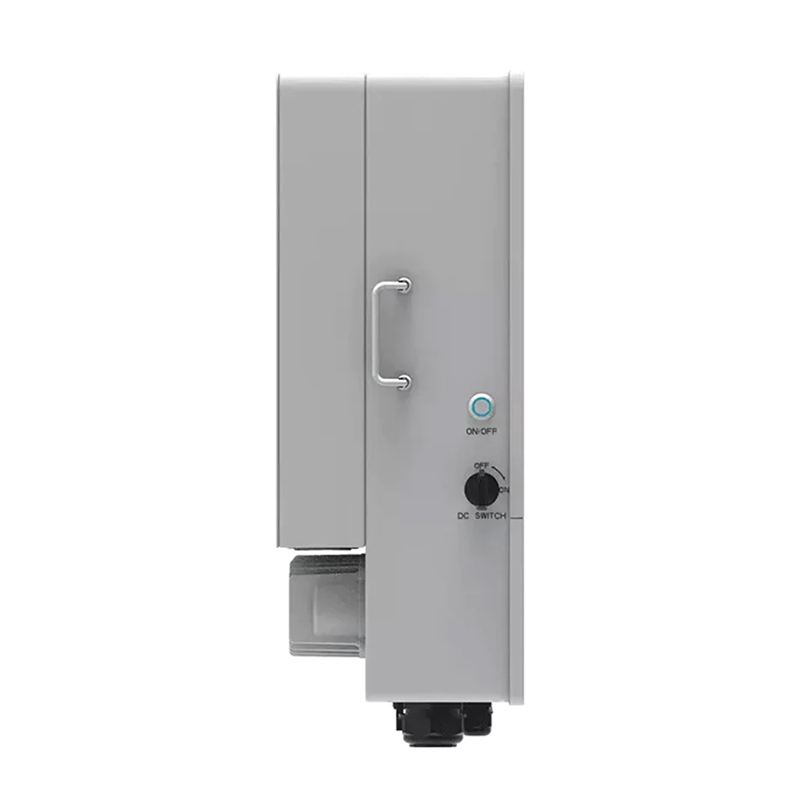
Understanding Inverters and Their Role in Solar Energy
Before diving into the specifics of SunGrow’s carbon-neutral factories, it’s essential to understand the role of inverters in solar energy systems. Inverters are electronic devices that convert the direct current (DC) electricity generated by solar panels into alternating current (AC) electricity, which is used to power homes, businesses, and the grid. Without inverters, solar energy systems would be unable to provide electricity in a form that is usable by most modern appliances and infrastructure.
The efficiency of inverters is a key factor in determining the overall performance and environmental impact of solar energy systems. High-efficiency inverters minimize energy losses during the conversion process, thereby maximizing the amount of clean energy delivered to the grid or end-users. However, the environmental benefits of inverters extend beyond their operational efficiency. The manufacturing process of inverters, including the sourcing of materials and energy used in production, also contributes to their overall carbon footprint.
The Importance of Carbon-Neutral Manufacturing
Carbon-neutral manufacturing refers to production processes that result in zero net carbon emissions. This is achieved by balancing the carbon emissions released during manufacturing with equivalent amounts of carbon sequestered or offset through various means, such as renewable energy use, energy efficiency measures, and carbon capture technologies.
SunGrow’s commitment to carbon-neutral manufacturing is a response to the growing demand for sustainable and environmentally responsible products. By adopting carbon-neutral practices, SunGrow aims to minimize the environmental impact of its inverters throughout their lifecycle, from production to end-of-life disposal. This approach not only aligns with global efforts to reduce greenhouse gas emissions but also positions SunGrow as a leader in the renewable energy sector.
How SunGrow’s Carbon-Neutral Factories Reduce Inverter Carbon Footprint
Renewable Energy Integration: SunGrow’s factories are powered by renewable energy sources such as solar, wind, and hydropower. By using clean energy to power their production lines, SunGrow significantly reduces the carbon emissions associated with the manufacturing process. This reduction in energy-related emissions is a cornerstone of SunGrow’s carbon-neutral strategy.
Energy Efficiency: In addition to using renewable energy, SunGrow has implemented energy efficiency measures in its factories. These measures include upgrading to energy-efficient machinery, optimizing production processes to minimize energy consumption, and investing in advanced energy management systems. By reducing the amount of energy required to produce inverters, SunGrow further lowers the carbon footprint of its products.
Material Sourcing and Recycling: The materials used in the production of inverters also play a role in their carbon footprint. SunGrow is committed to sourcing materials from sustainable and ethical suppliers, ensuring that the extraction and processing of raw materials contribute minimally to the overall environmental impact. Additionally, SunGrow promotes the recycling and reuse of materials in its production processes, reducing the need for virgin materials and further lowering the carbon footprint of its inverters.
Waste Reduction and Circular Economy: SunGrow’s factories are designed with a circular economy in mind. This means that waste materials generated during production are either reused within the factory or recycled for other applications. By minimizing waste and promoting the reuse of materials, SunGrow reduces the environmental impact of its manufacturing operations.
Carbon Offsetting: While SunGrow strives to eliminate carbon emissions through the aforementioned measures, it also engages in carbon offset projects to balance any remaining emissions. These projects may include investments in reforestation, carbon capture technologies, or other initiatives that reduce carbon dioxide levels in the atmosphere.
The Broader Impact of SunGrow’s Carbon-Neutral Approach
The environmental benefits of SunGrow’s carbon-neutral factories extend beyond the production of inverters. By setting a standard for sustainable manufacturing, SunGrow inspires other companies in the renewable energy sector to adopt similar practices. This collective effort can lead to a significant reduction in the carbon footprint of solar energy systems as a whole.
Moreover, SunGrow’s commitment to carbon-neutral manufacturing aligns with global initiatives aimed at achieving net-zero emissions by 2050. By leading the way in sustainable production, SunGrow is helping to accelerate the transition to a low-carbon future, where renewable energy plays a central role in meeting energy demands while minimizing environmental impact.
The shift towards renewable energy is undeniably one of the most important steps humanity can take to combat climate change. However, the environmental benefits of solar energy systems are only as great as the efforts taken to minimize their environmental impact throughout their entire lifecycle. SunGrow’s carbon-neutral factories demonstrate that it is possible to produce inverters with a minimal carbon footprint, setting a new standard for sustainable manufacturing in the renewable energy sector.
As the world continues to embrace solar energy as a key solution to the climate crisis, companies like SunGrow are paving the way for a cleaner, greener future. By prioritizing carbon-neutral manufacturing, SunGrow not only reduces the environmental impact of its inverters but also inspires others to follow suit, contributing to a global effort to achieve carbon neutrality and limit the effects of climate change.


